





Building Capacity
Committed and knowledgeable road safety professionals in government, the private sector, civil society and research institutions are critically important for effective road safety management.
Saving Lives Beyond 2020: The Next Steps explains that effective road safety professionals are not only good practitioners who are able to design and implement effective interventions but are also able to generate high-level political engagement and scale-up effective safety interventions.
The priority areas of specialist knowledge needed for an effective road safety management system include:
- adapting Safe System principles to local conditions
- creating safer roads
- creating safer vehicles
- creating safe road user behaviour
- designing post-crash systems
- collecting and analysis road safety data
- performing road safety research
- advocacy for road safety.
Road safety has to a degree been integrated in academic curricula in areas such as public health, transport, and urban planning. There are several short-term road safety capacity building courses delivered regularly by key international organisations, including:
- Global Road Safety Leadership Courses (GRSLC).
- Vision Zero International Course.
- Annual Delft Road Safety Course.
- Road Safety Engineering E-learning Course.
- Think Road Safety.
- iRAP Online Training and Accreditation.
However, a shortage of road safety professionals with specialist knowledge and the ability to influence top-level road safety decision-making remains a significant barrier in many countries and so building capacity is a priority.
Extensive reference materials on all aspects of road safety are available globally and may underpin the development of new training opportunities.
The Global Road Safety Facility has developed guidelines for performing road safety capacity management reviews and safe system projects.
Case Studies
Related Images
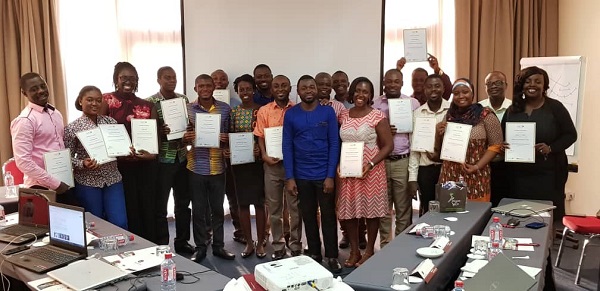 Road safety training in Ghana. Image credit: Racheal Nganwa
Road safety training in Ghana. Image credit: Racheal Nganwa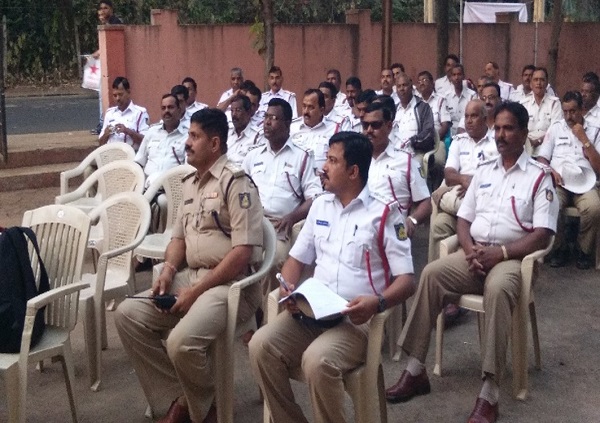 Police enforcement training in India. Image credit: World Bank
Police enforcement training in India. Image credit: World Bank Police enforcement vehicle in India. Image credit: World Bank
Police enforcement vehicle in India. Image credit: World Bank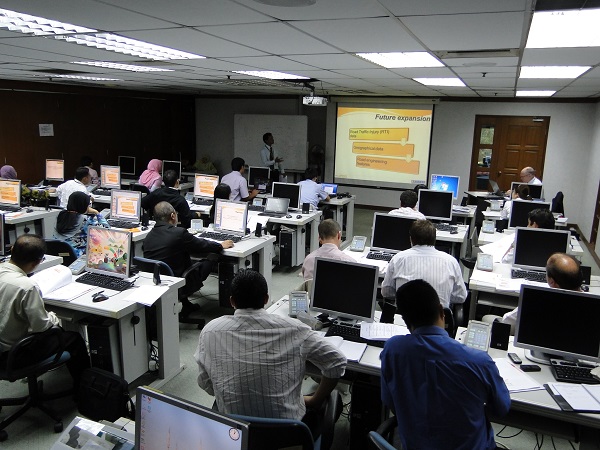 Road safety training in Malaysia. Image credit: Greg Smith
Road safety training in Malaysia. Image credit: Greg Smith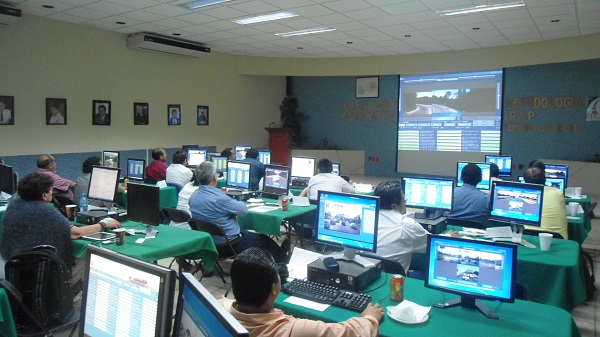 Road safety training in Mexico. Image credit: Agustin Centeno
Road safety training in Mexico. Image credit: Agustin Centeno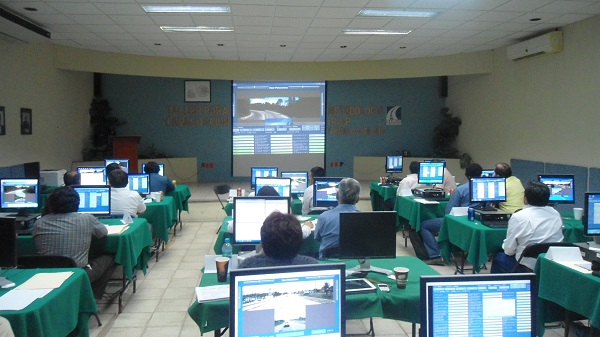 Road safety training in Mexico. Image credit: Agustin Centeno
Road safety training in Mexico. Image credit: Agustin Centeno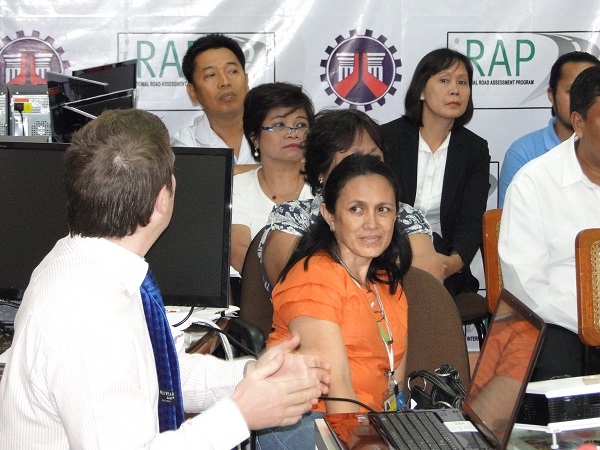 Road safety training in the Philippines. Image credit: Greg Smith
Road safety training in the Philippines. Image credit: Greg Smith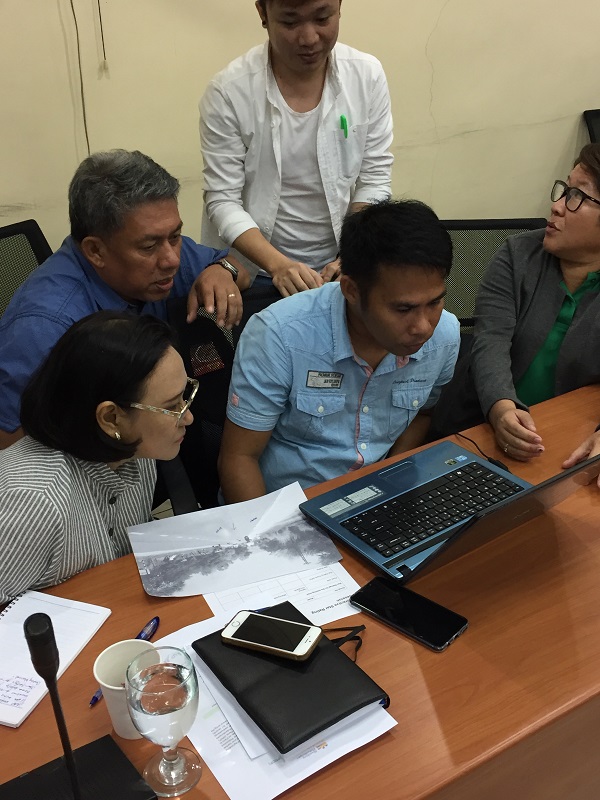 Road safety training in the Philippines. Image credit: Greg Smith
Road safety training in the Philippines. Image credit: Greg Smith Road safety training in the Philippines. Image credit: Greg Smith
Road safety training in the Philippines. Image credit: Greg Smith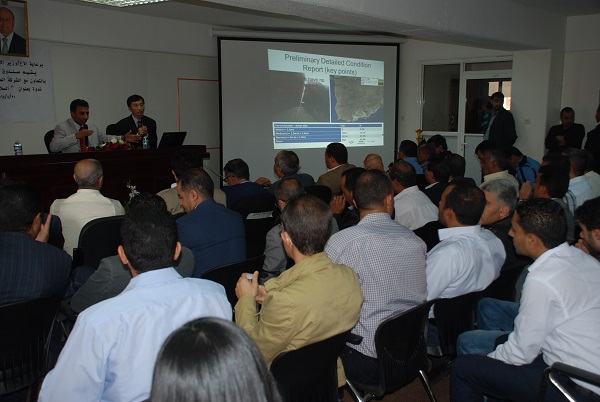 Road safety training in Yemen. Image credit: ChinaRAP
Road safety training in Yemen. Image credit: ChinaRAP








